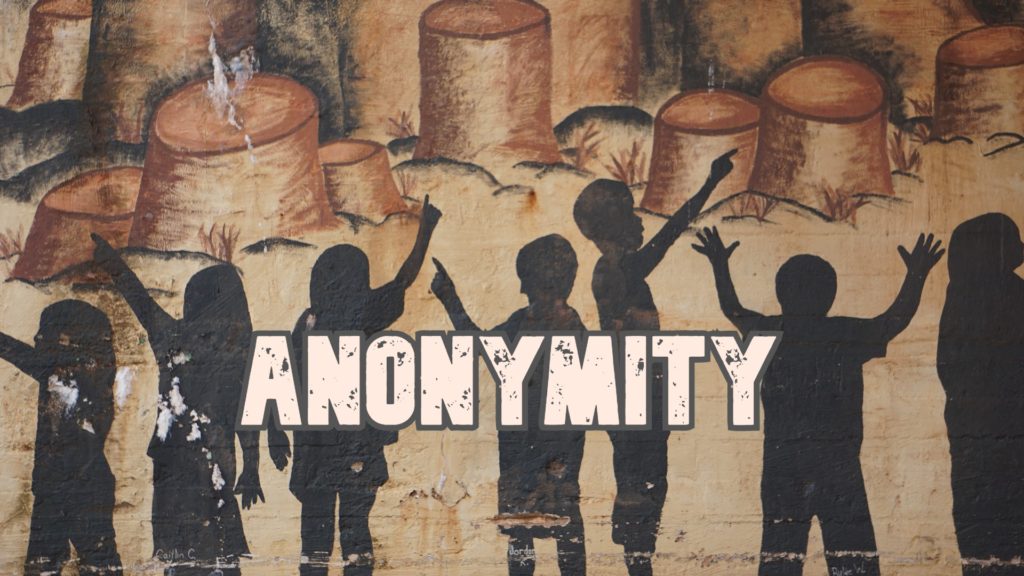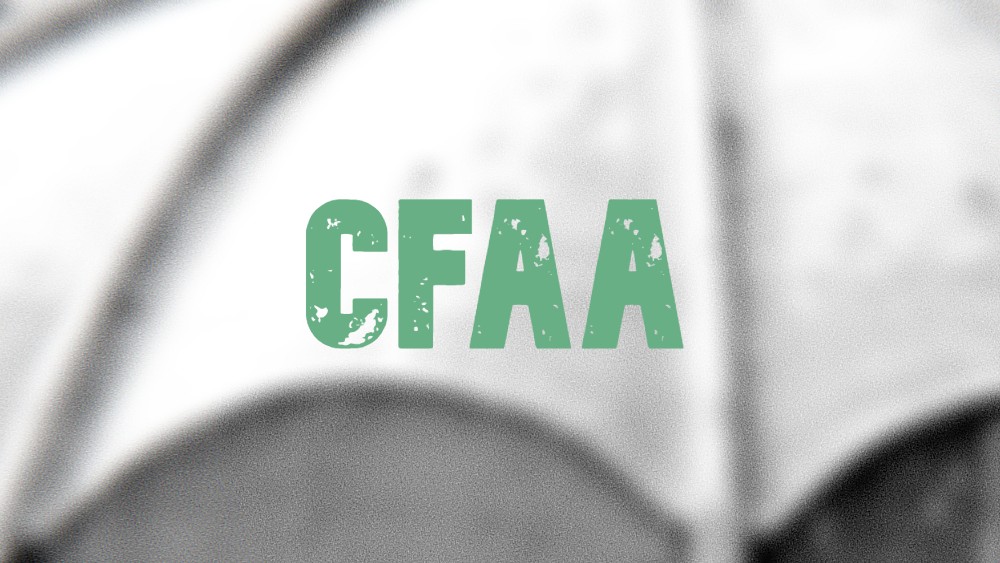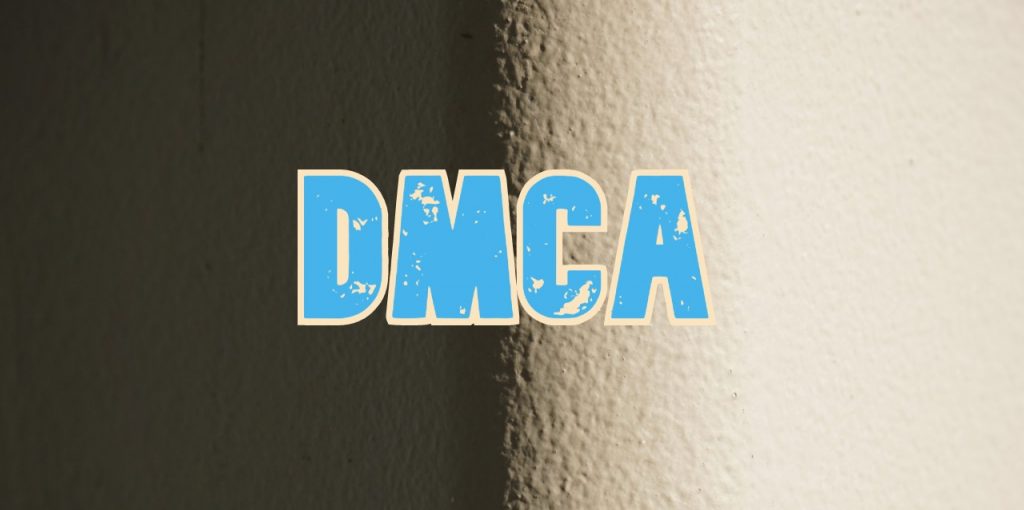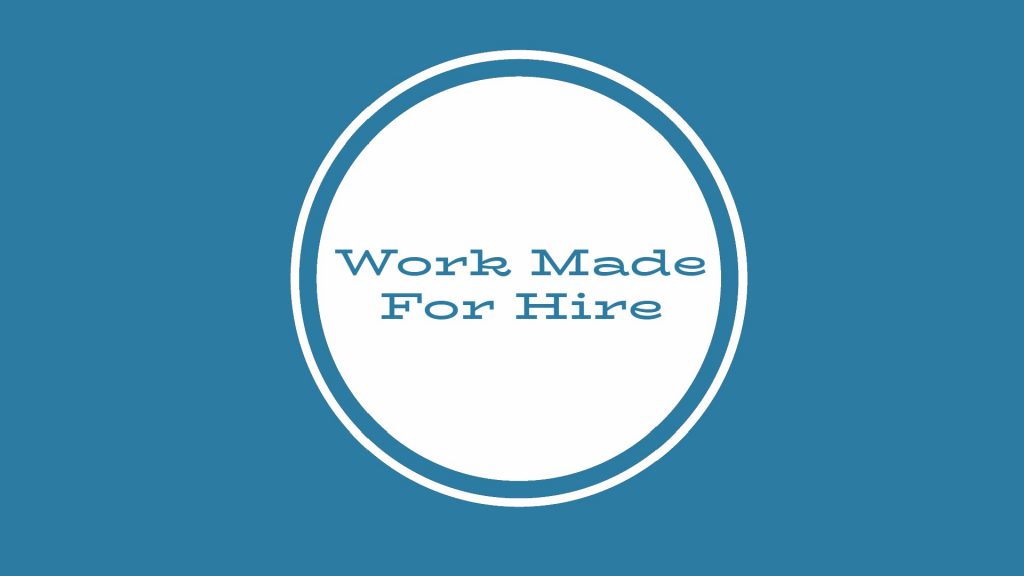Let’s say you’re going to host a conference — these days that would be an online conference — and you want to invite people to give presentations. You will want to enter into a contract with those presenters to cover some of the obvious logistical items: the presenter is obligated to show up, the presentation will be on a certain topic, it will last for a certain amount of time, and there may be payment. And there are some important intellectual property issues that the speaker’s agreement should also address.
Marketing and promotion of the event
One important intellectual property issue in a speaker’s agreement has to do with the marketing and promotion of the event. This involves primarily the right of publicity. You are likely going to want to generate materials, such as social media posts, that have the name and the image of the presenter. You will want to seek to get a release from the presenter that authorizes you to use his or her name and image in connection with the marketing and promotion of the event.
Handout materials
A second issue that you will need to deal with has to do with handout materials or other accompanying documentation for the presentation. You will want to make sure that you have the appropriate copyright license from the presenter allowing you to copy and distribute those materials. You should also consider getting assurances from the presenter that those materials will not infringe any third party intellectual property rights. And you may want to have the agreement say that the presenter will indemnify you and pay the cost of the defense if you get sued by a third party because the handout materials infringe.
Video or audio of the presentation
A third intellectual property issue that you will want to think about in connection with a speaker’s agreement has to do with any content that you generate at the event. Say, for example, you film the presentation and you want to make the video available to the world so it can see what the event was like. On this point we are back to the discussion of the right of publicity. Obviously the presenter’s name and image is going to be in that content. So you want to make sure that you have a release for that.
As the host of the event, you will likely want to own the copyright in the video. The presenter may ask for a carveout — that is, clarification that though you own the copyright in the video, the presenter retains ownership of the underlying content presented.
Need help with intellectual property issues in a speaker’s agreement?
Please feel free to give me a call or send an email. Dial (630) 362-7237, or email ebrown@internetcases.com.


 Evan Brown is a technology and intellectual property attorney in Chicago. This content originally appeared on
Evan Brown is a technology and intellectual property attorney in Chicago. This content originally appeared on 



